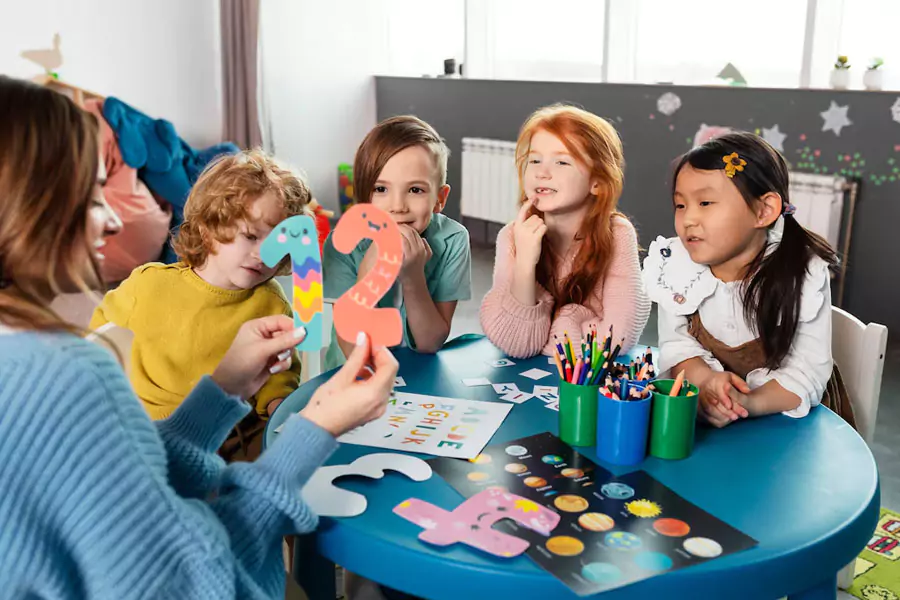
In Dublin, California, selecting a preschool sparks more debate than restaurant openings or high school football. Every spring, you’ll see groups of parents clustered at playgrounds and coffee shops. They swap stories about school tours and classroom quirks. For many families here, early education isn’t just a checklist; it’s the root of how children grow, make friends, and step into an ever-changing world. With so many preschools vying for attention and each one promising a unique edge, you’ll quickly learn that the “best” choice depends on a swirl of personal, practical, and downright emotional factors.
Take a drive across town, and you’ll pass schools with Montessori banners, play-based signs, academic-prep slogans, and collaborative-project murals. Dublin’s population boom means programs open and evolve every year, and word-of-mouth is worth more than any glossy brochure. One mom at the soccer field recently joked, “It’s easier to pick a car than a preschool in this town.”
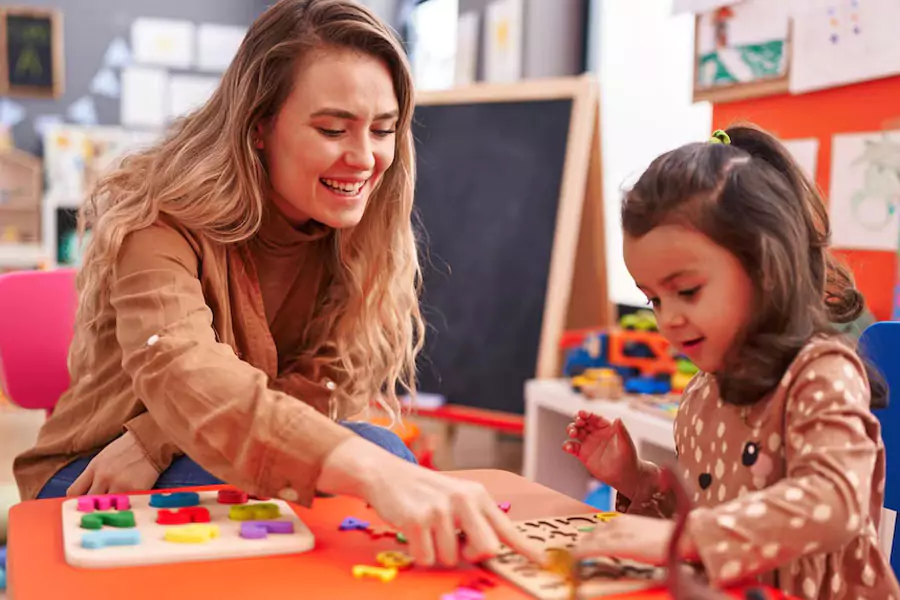
Ask kindergarten teachers in Dublin. They’ll often tell stories of children settling in quickly because they were already comfortable in groups, used to sharing, and not too shy to ask a question or two. The transition is rarely seamless, but preschool lays down patterns that support children when they meet new teachers and classmates.
One local principal, recounting a recent first week, described how students from creative programs took the lead in inventing playground games, while those from structured classrooms breezed through “circle time” directions.
The Lesson: Different backgrounds bring different strengths, but what counts is a caring, responsive environment.
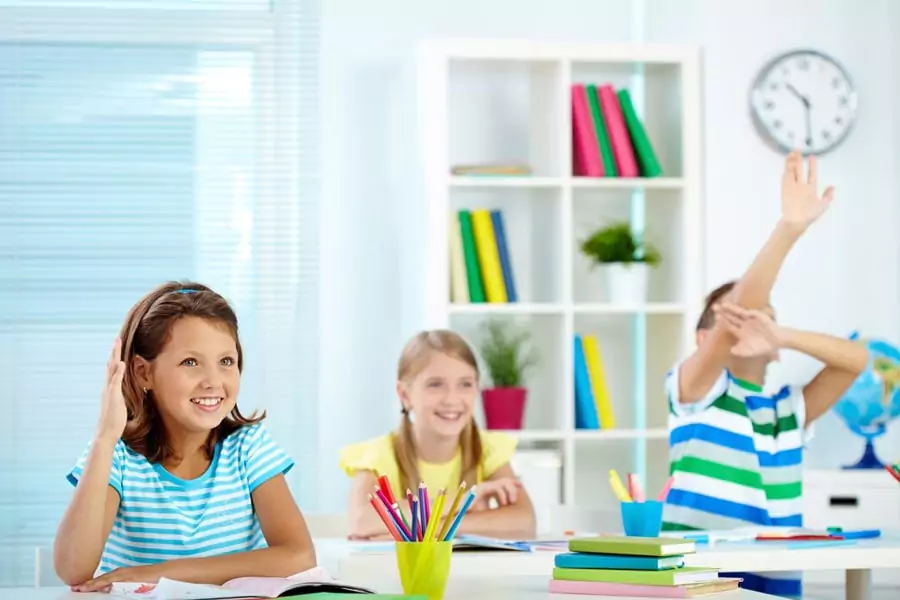
Pop into a Montessori classroom in Dublin. You’ll see children moving quietly between shelves, hands busy with wooden shapes or pouring water back and forth. There’s a low-level hum of concentration, a little one proudly buttoning a vest by herself as another older child helps a four-year-old tie his shoe. The teachers? They move with the patience of seasoned chess players, letting kids linger or try again, even if it takes a while.
Parents who connect with Montessori describe it as a breath of fresh air, especially for children who don’t like being told exactly what to do. At a recent preschool open house, one dad recalled how his son grew bolder week by week. Of course, not every child does well with that much freedom; some crave the comfort of a set schedule or more direct teacher involvement.
Drive by a Dublin park on any weekday. You’ll see a blur of colorful hats and laughter from play-based preschools on field trips. Inside these schools, days begin with open-ended blocks, role-play corners, and messy art stations. Teachers rarely stand at the front giving orders; instead, they crouch down, negotiate block-building disputes, and ask what happens if the pretend bakery runs out of flour.
Experienced parents credit these programs for instilling resilience. Parents say these children learn to bounce back after losing a turn or recover quickly from minor playground spats. One local mother shared how her once-reserved daughter eagerly signed up to narrate the school puppet show. And, for children allergic to too much sitting, there’s breathing room to explore and invent.
Not every family leans toward freestyle learning. Dublin’s academic-focused preschools win fans for their clear routines, measurable progress, and visible “school readiness” themes. Whether it’s the morning song, calendar check, letter-of-the-day, or phonics games, preschools in Dublin echo the patterns children will see in kindergarten classrooms.
One parent, new to the state, loved the comfort of knowing exactly what the schedule would be and the regular check-ins on progress in number recognition and reading. “It felt structured but not stifling,” she explained. Still, every effective teacher finds ways to tuck in story time and free play, recognizing that children do their best thinking somewhere between coloring sheets and the sandbox.
The Reggio Emilia approach, often discussed in parent Facebook groups, gives a different flavor altogether. These classrooms look more like art studios. Children’s questions, whether about insects or shadows, spark weeks-long projects that combine drawing, storytelling, sculpting, and outdoor research. Teachers document the learning, tracing lines of curiosity across a wall of photos and scribbles.
Families who gravitate here talk about the pride their children show in collective accomplishments: the mural made with classmates, the snail habitat built from scratch, the shy voice that grows bolder in group debates. Critical thinking, communication, and creativity aren’t added on; instead, they’re woven into every activity.
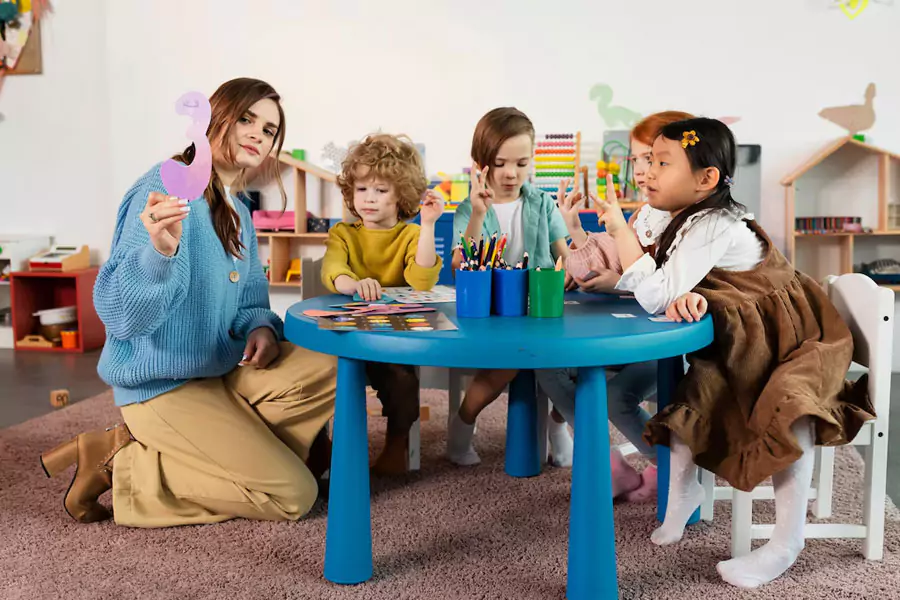
Look closely, and you’ll see the foundation each philosophy plants:
Still, every Dublin parent will probably agree: the best predictor isn’t curriculum but how valued their child feels by the grown-ups watching out for them.
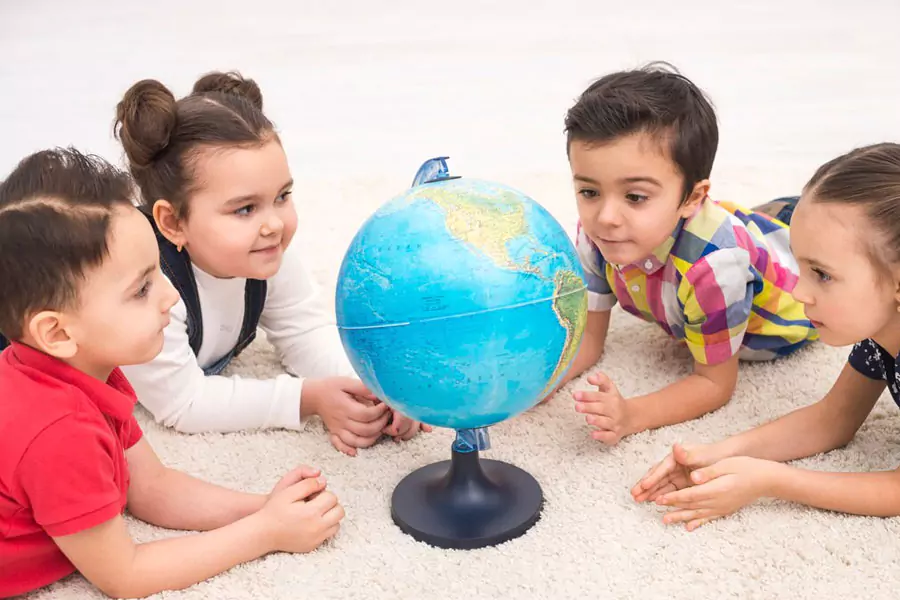
As school-hunting season arrives, local wisdom holds true: trust firsthand impressions. Visit as many programs as possible and stay long enough to watch how teachers guide and children respond. You can also swap stories with a neighbor who’s been through the process. The goal is never a perfect program, just the right fit for one unique child.
Families in Dublin, CA, can schedule a tour at Nurture Kids, meet the educators, and experience firsthand what makes the atmosphere special. In the end, a child’s real foundation is built on care, curiosity, and the certainty that their budding skills are both noticed and cherished.



Copyright wenurturekids © 2025. All Rights Reserved
